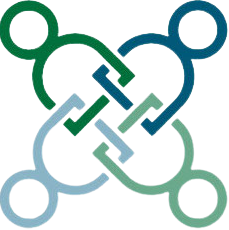Dissertation Dish w/ Dr. Trina Van Schyndel
Community-Engaged Practitioner-Scholar Professional Identity Development Through Participation In A Community Engagement Association’s Graduate Student Fellowship
When rhetoric does not match reality for higher education institutions’ commitment to community engagement, graduate students may find counterspaces to the academy are necessary and allow them to reset and reframe, collectively organize, and push back against normative socialization processes of the academy that do not serve their needs as emerging community-engaged practitioner-scholars. This basic, exploratory qualitative study examined professional identity development of community-engaged practitioner-scholars through participation in a community engagement professional associations’ graduate student fellowship – the Imagining America (IA) Publicly Active Graduate Education (PAGE) Fellows program. From 15 interviews, six major themes emerged, which were divided into two sections. The first section, the people, focused on participant backgrounds (i.e. personal/social identities, characteristics, and life experiences) and ways of work as community-engaged practitioner-scholars. The second section, the setting, focused on tension experienced within the academy during and after graduate school, as well as the experience and development of new conceptualizations (i.e., revelations of the mind – or head), new relationships (i.e., affirmations of the heart), and new practices in their work (i.e., transformations of the hands) through participation in the IA PAGE Fellows program. While socialization (Weidman et al., 2001) toward community engagement did occur through IA and the PAGE, these spaces also functioned in a way similar to counterspaces (Case & Hunter 2012) and influenced participants’ professional identity development through new revelations, affirmation, and transformation in the face of oppressive and deficit-oriented narratives toward community-engaged work that continue to perpetuate academia.
